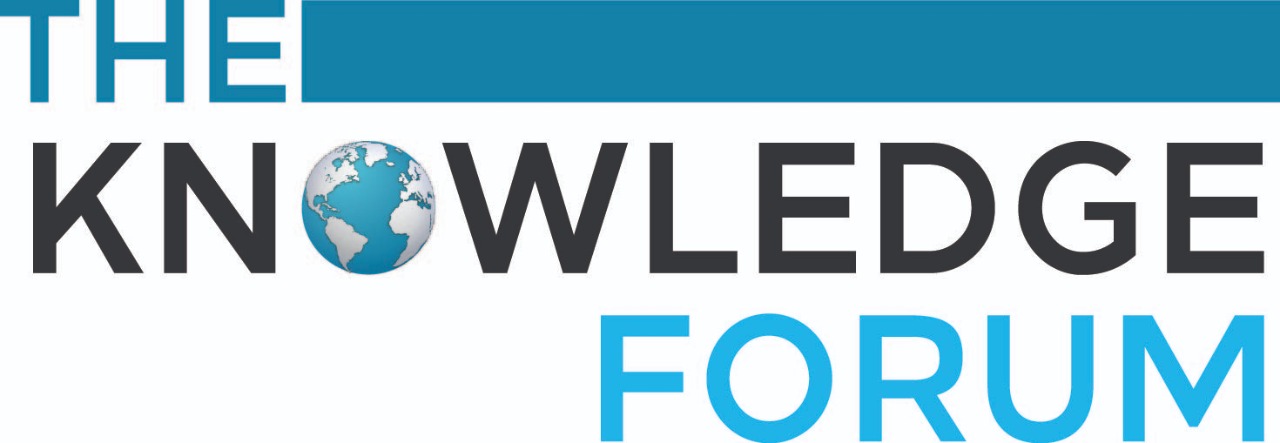Pakistan Bulletin
An up-to-date and informed analyses of key issues of Pakistan.
Editorial: Pakistan's Upcoming Elections and the Future of Democracy
January 2024
Pakistan’s economic crisis will have to be navigated by upcoming governance as the country approaches a pivotal moment in its democratic history.
Imran Khan’s Pakistan Tehreek-e-Insaf (PTI), the party that previously formed governments at the federal level and in the provinces of Punjab and Khyber Pakhtunkhwa after the 2018 general elections, is encountering significant obstacles in the current election cycle. High-ranking party members, including its chief Imran Khan, and Vice Chairperson Shah Mahmood Qureshi, are in jail. The Election Commission of Pakistan (ECP) has denied the PTI its usual cricket bat election symbol due to the party’s failure to hold internal elections on time. The party has reported numerous arrests of its candidates and has lodged complaints of coercion against its candidates.
Despite attempts by some political factions to push for further delay in elections, the Supreme Court has remained firm in its decision to proceed with the polls as scheduled.
The elections come after a period of constitutional and political tension. The National Assembly’s five-year term expired in August 2023, and elections were constitutionally required to be organised within 90 days of the dissolution of the assemblies. However, the Election Commission delayed the process, citing the need for delimitation after a fresh digital census in 2023. The Supreme Court intervened, mandating the Election Commission to set an election date, which was subsequently announced for February 8.
Despite attempts by some political factions to push for further delays on various pretexts, including cold weather, law and order concerns, and terrorist attacks, the Supreme Court has remained firm in its decision to proceed with the elections as scheduled.
The incoming government will inherit a nation grappling with severe economic challenges. Since the beginning of 2023, Pakistan has faced an economic crunch originating from the structural deficits of the country’s economy and political system. A temporary respite came in the form of a nine-month loan from the International Monetary Fund (IMF). However, the country’s economy still faces dire challenges, including dwindling foreign exchange reserves and an uncontrollable fall in the foreign exchange rate, exacerbated by declining exports and a rising import bill.
The common people of Pakistan have been hit hard by soaring utility charges, particularly electricity, and an inflation rate that reached a record high of 29.7% in December 2023. The real income of citizens has substantially declined, making daily survival increasingly difficult for a low-income stratum.
The impact of repeated political upheavals and economic downslide have been felt more acutely due to the climate crisis that repeatedly visits the country in the form of heatwaves, floods, water shortage and now snowless winters. Refreshingly, almost all the mainstream political parties have dedicated space to address climate concerns in their respective manifestos. However, despite some positive developments, the election spirit seems dampened due to the crackdown on political and civic spaces. It is needless to say that the upcoming polls are being seen as only a chapter in Pakistan’s democratic journey, which still has a long way to go in delivering on the nation’s aspirations for fundamental freedoms, political participation and economic equality.
Since the beginning of 2023, Pakistan has faced an economic crunch, which may haunt the political prospects of the member parties of the last coalition government.

Join Our Mailing List
Get the latest news and updates from our team
